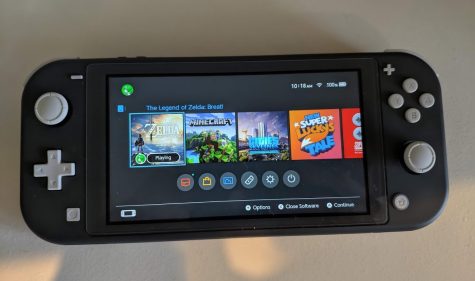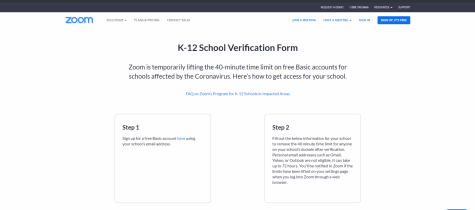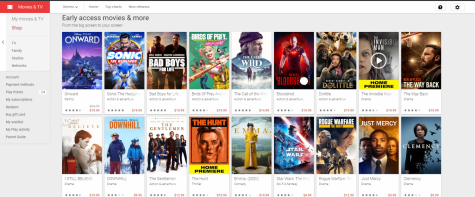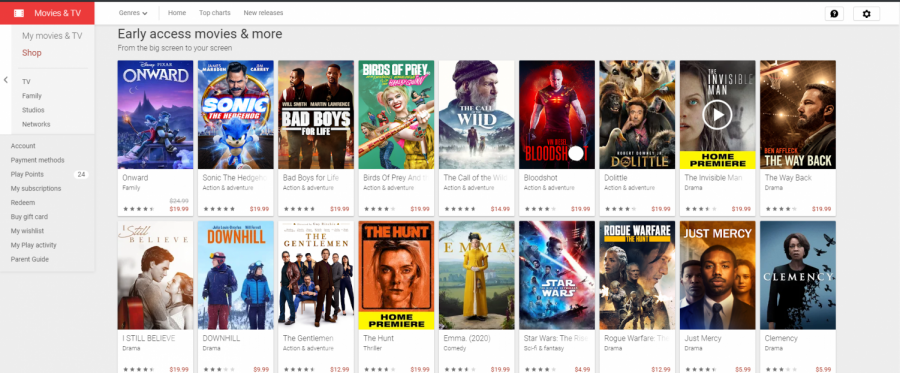Google Play Movies has a new “Early access” page
Technology in Co-Vid Life: Video Games, Virtual Hangouts, and More
Co-Vid 19 is changing the way that we interact with our technology. Besides just changing technology’s role in our school life with our new e-learning program, Co-Vid is also changing how we interact with technology during our leisure time.
One of the first things that the tech press started talking about when Co-Vid 19 hit was that the supply of gadgets, such as gaming PCs and Nintendo Switches, would be drastically affected. This was, of course, before Co-Vid had spread to the US, back when having a supply chain disruption of non-essential items still seemed like a major problem. But now that Co-Vid has hit the US, it is worth considering the ways in which it has changed our interactions with our gadgets.
–Video Games:
As alluded to previously, the supply of Nintendo Switches has all but dried, but given how most other tech products, including gaming PCs, have seen relatively minor disruptions to their supply, I think that the reason people are now selling used switches for $50-100 over the MSRP of a new one on eBay is because as we all feel trapped in our houses, the escapist element of video

games become more important than ever. This can be seen across the video game industry with Steam reporting it’s highest ever numbers and the Switch provides some of the best worlds to escape to. Be it joining Link on his epic quest to save the beautifully rendered kingdom Hyrule from Calamity, Ganon in The Legend of Zelda: Breath of the Wild, or jumping around with Mario in the colorful world of Super Mario Odyssey, or building our own island in the newly released Animal Crossing: New Horizon, there is just something about Nintendo’s games that always manages to feel playful and somehow reassuring even if the story is about trying to defeat an apocalyptic demon wizard who decimated the kingdom 100 years ago (I am looking at you, Zelda!)
-Virtual ‘hangouts’:
Unable to see their friends in person, many students have turned to software such as Zoom to hangout with their friends. Lily Cowles (a 9th grader, and, yes, my sister) has been using Facetime to play card games, such as Uno, with her friends, saying “during social isolation, it’s nice to be able to see my friends on a digital platform. My friends and I have played games over FaceTime and we also just use it as a way to catch up and hang out. Club meetings over Zoom are also a good way to interact with people who you might not interact with otherwise.” Many students have turned to similar pastimes. My friends and I played DnD over Zoom, (which you can get for free if you sign up with your darienps.org email) spending a total of 10 hours over 3 sessions chatting, roleplaying, and everything in between. If you have not had the chance to ‘see’ friends in this way yet, then I highly recommend that you try it.
This virtual hangout may have seemed like a strange novelty before the virus, but it is starting to feel somewhat normal now, and with people’s increased comfort with remote communications

spurred by the virus, we might see an increase in work from home and remote learning opportunities in the future.
– Movies direct to you:
One of the interesting changes that has been made at a corporate level is that major Hollywood studios are now releasing movies direct to the consumer. With all of the theaters closed, the studios didn’t have much of an option, but it is

strange seeing major new titles available via services like Google Play Movies. Whether or not this will stick in the future really depends on if it is still profitable to release films in this manner without a captive audience.
–The Common Thread – the data center:
No matter what people are doing to pass their time, there is one common thread: all of this puts strain on the data center. A data center is simply a facility that internet traffic is directed through or answered by, and the common joke in the tech industry right now is that the data center is on fire. It is both on fire as in investment in and utilization of data centers is way up, and on fire as in they are crashing and burning. This is because most of these data centers, particularly those owned by the ISPs (internet service providers), were specifically designed to not take the maximum amount of traffic that could be on the network, but simply the maximum that the ISP expected to see at once. This has caused issues with temporary outages (I know that my neighborhood was suffering from constant dropouts earlier this week, and even large shared data centers, known as internet junctions are close to becoming overwhelmed) as the data center can

not handle all the requests. This has caused services like YouTube to lower the default quality to 480p in order to save bandwidth and reduce strain on the data centers.
Expect the Co-Vid 19 outbreak to accelerate data center development and provide a faster and more robust internet for the future. That might be one of the only benefits from this crisis.
